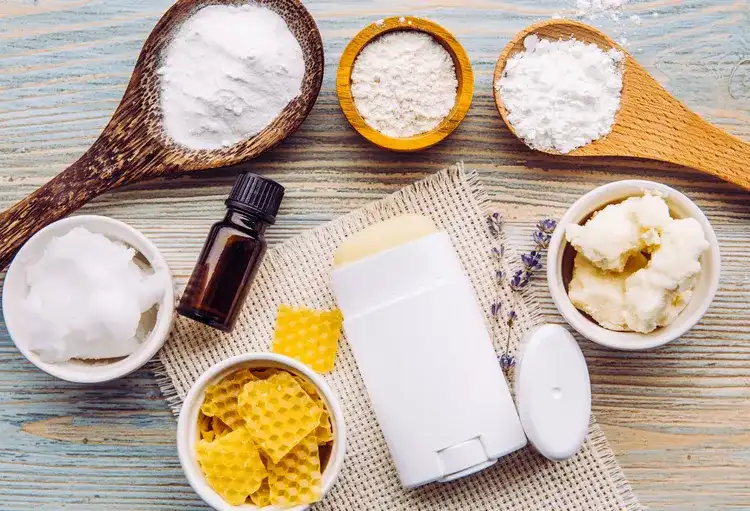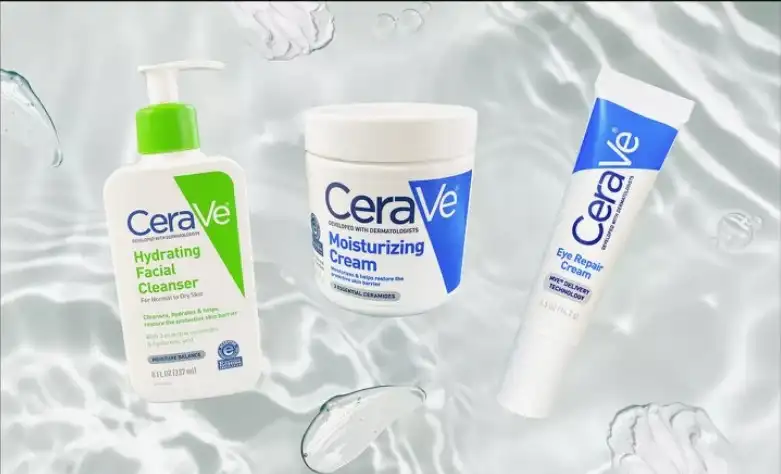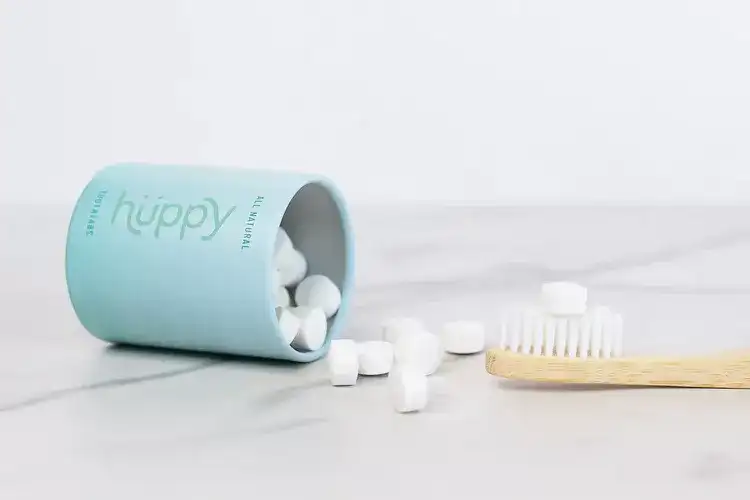Think you’re doing the planet a favor by tossing your used takeout container or yogurt cup into the recycling bin? Think again. Many common items that look recyclable actually aren’t and putting them in the bin can contaminate entire loads of recyclables, leading to more waste, not less. To recycle responsibly, you need to know what your municipal facility will and won’t accept. Here’s a list of 23 things that typically cannot be recycled curbside and what you should do with them instead.
Common Non-Recyclable Household Items

- Aerosol Cans. Although made of metal, these cans contain propellants and chemicals. Treat them as hazardous waste unless specifically noted.
- Batteries. From AA to lithium-ion, all types must be disposed of through dedicated battery recycling programs.
- Brightly Dyed Paper. Strong dyes may bleed during recycling, contaminating other materials.
- Ceramics and Pottery. Includes mugs and tiles. Repurpose them in the garden or donate if undamaged.
- Diapers. Dirty and mixed-material. Always landfill-bound.
- Hazardous Waste. Motor oil, antifreeze, and household chemicals must be taken to a hazardous materials facility.
- Household Glass. Mirrors, panes, and light bulbs can’t be recycled with bottles or jars. CFLs require special handling due to mercury content.
- Juice Boxes and Coated Containers. Unless clearly marked, most are layered with plastic and aluminum making them unrecyclable.
- Medical Waste. Syringes and tubing belong in special sharps disposal containers, never in household bins.
Paper Products to Avoid Recycling
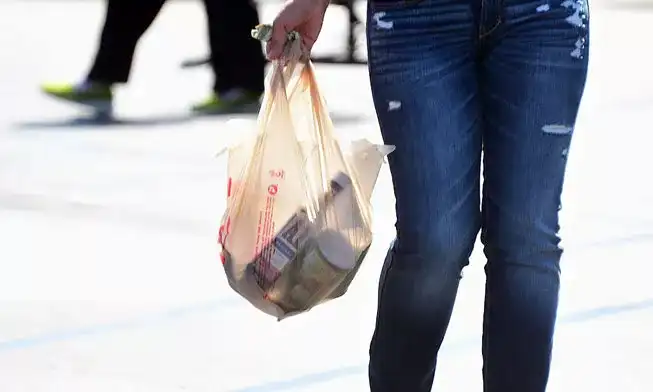
- Napkins and Paper Towels. Often contaminated with food and liquids. Compost if clean and unbleached.
- Shredded Paper. Difficult to sort and recycle. Use it as compost, mulch, or animal bedding.
- Pizza Boxes. Grease stains prevent proper recycling. Tear off clean sections if possible and compost the rest.
- Wet Paper. Moisture damages fibers and can spread mold to other recyclables.
Problematic Plastics
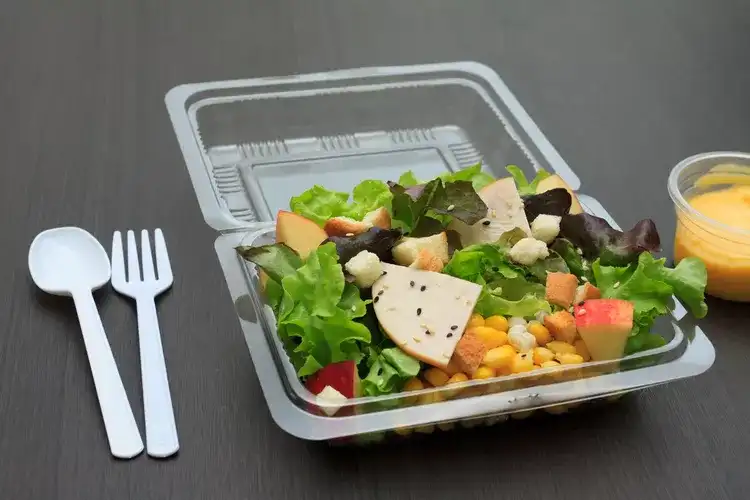
- Plastic Bags and Wrap. Don’t belong in curbside bins but can be dropped off at many grocery store collection points.
- Plastic-Coated Food Boxes. Items like frozen meal trays are often lined with film that can’t be separated for recycling.
- Plastic Without Numbers or Markings. If it’s unmarked, assume it’s unrecyclable unless your city specifies otherwise.
- Plastic Screw-On Tops. Small plastic caps should be discarded separately or repurposed — they often fall through sorting machines.
- Yogurt Cups and Other #3-#7 Plastics. These types of plastics are rarely accepted in local curbside recycling systems.
Miscellaneous Offenders
- Styrofoam. Polystyrene foam containers and packing peanuts usually need a specialty recycling facility.
- Takeout Containers. Unless they’re thoroughly rinsed, food residue makes them unrecyclable.
- Tires. Take these to tire retailers or municipal drop-off points. Many states include disposal fees at purchase.
- Tyvek Envelopes. Used in priority mailings and not accepted by most recycling programs. Reuse or landfill.
- Wire Hangers. Most recycling plants can’t process them. Return to your dry cleaner or scrap metal dealer.
What You Can Do Instead
Your first step is always to check your local waste management or municipal recycling program. Guidelines vary widely and many cities offer drop-off centers or specialty programs for items like batteries, Styrofoam, and electronics. If you’re stuck, the Earth911 recycling search tool can help you find proper disposal options near you.
When in doubt, don’t toss it in the recycling bin. Contaminated batches often end up in the landfill anyway. Instead, reuse, compost, or seek alternative recycling streams. Responsible disposal today keeps tomorrow’s recycling efforts intact.

